The Brazilian meat story trumped all others in Brussels this week. Two major Free Trade Agreements (FTA) that would normally dominate the news scarcely got a mention such was the interest in Brazil.
The two discussions that were active this week present a mixed prospect for Irish farmers. DG Trade officials have been in Buenos Aires, for the latest round of Mercosur talks, which were revived this time last year. The big deal here is the expectation of Mercosur members that they will get a generous EU beef access quota on top of the Hilton and other quota already in place. Indeed, it was suggested that an initial offer of 78,000t would be made around this time last year which was quickly withdrawn once the member states were consulted.
Since then we have had the Cumulative Impact Assessment report which demonstrated that while trade deals were good overall for EU agriculture, beef was particularly vulnerable in deals with major beef exporters. They don’t come any bigger than the Mercosur group of South American countries. Since the report, the Commission has been cautioning major beef and sheepmeat exporting countries such as New Zealand, Australia and Mercosur to be realistic in their expectations for access. It is always one to watch, however, and so far there are no reports on how this week’s discussions have gone, though we can imagine the debate during the breaks on Brazil’s current difficulty!
Meanwhile, Japan’s prime minister, Shinzo Abe, dropped into Brussels on Tuesday almost unnoticed. Even in his welcome, EU Council President Tusk almost overshadowed the event by announcing that he would call a council on 29 April to formalise the EU response to the UK beginning the process of withdrawal.
However, there were full-blown discussions and it is clear that, after the hiccup before Christmas, the FTA with Japan is now back on course. Discussions had been at an advanced stage at the end of last year. It was agriculture, as usual, holding up the closing of the deal.
With the new president taking office in the US and immediately killing the TPP agreement with a number of Pacific rim countries including Japan, the Japanese flirted with the new administration in the US to see if a bilateral deal could be on between the two countries. It was no coincidence that prime minister Abe was the fist leader to visit Donald Trump after his election victory. However, despite a common interest in golf, it appears the relationship didn’t get beyond the “America first” motto of the new administration.
The effect of this is that a deal that was struggling to get across the line is now very much back on after this week’s relatively low-profile engagement in Brussels.
Conclusion could come as early as the summer, and the latest would be before the end of the year. What’s more, the negotiating climate has now changed.
While the Japanese had been keeping an eye on agricultural access for the US in the event of doing business with them, the dynamic is now with the EU getting better access.
That would be particularly good news for Irish and EU farmers as Japan is already a valued market for Irish dairy and pigmeat exports. It does have the 30-month age restriction, but despite this, with the removal of the 13% tariff currently in place, it should be easier to do business.
Japan doesn’t export any agricultural products that are a threat to displacement of Irish produce in the EU and is currently one of the major beef importers in the world. This is one deal that Ireland has a serious interest in getting over the line.



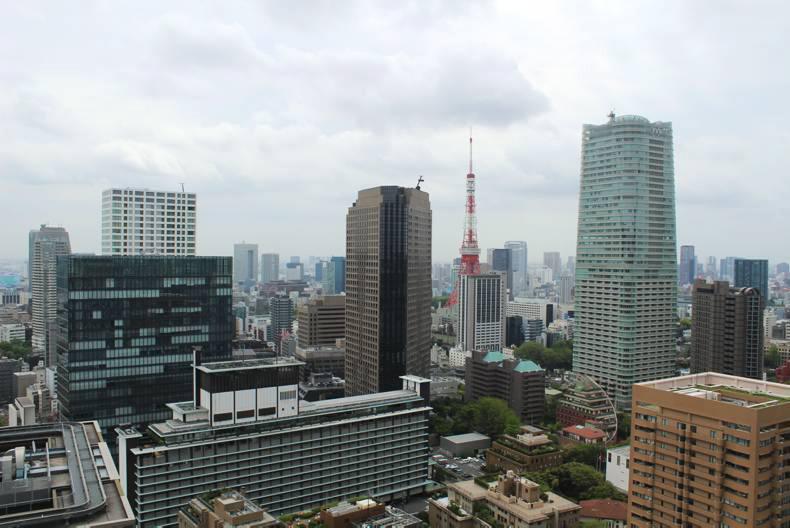
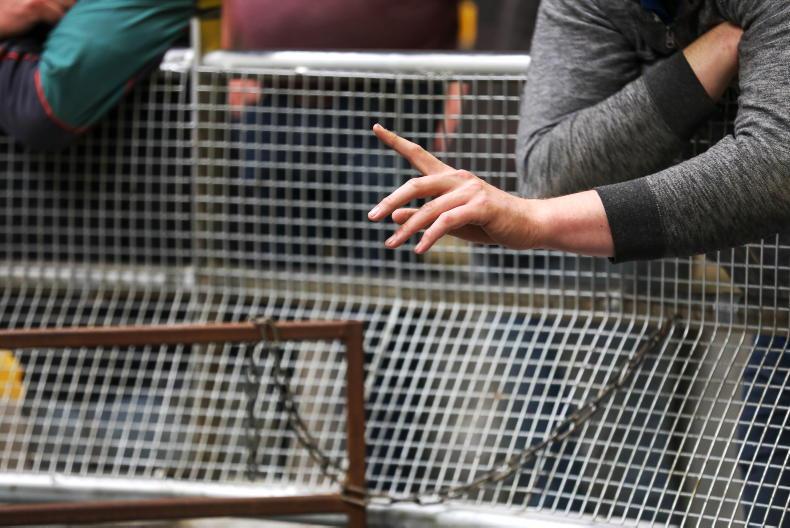
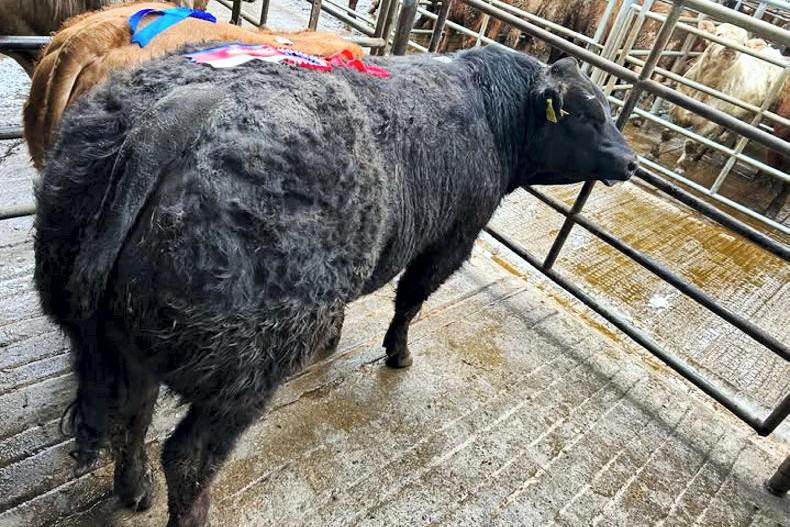
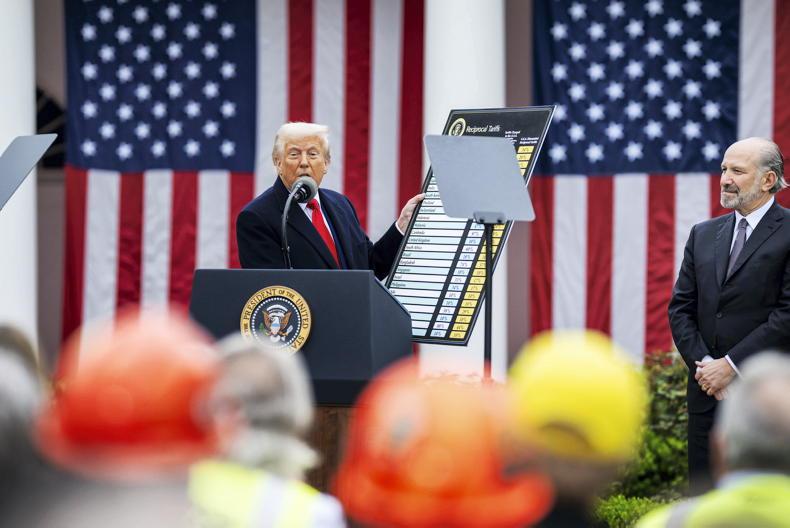
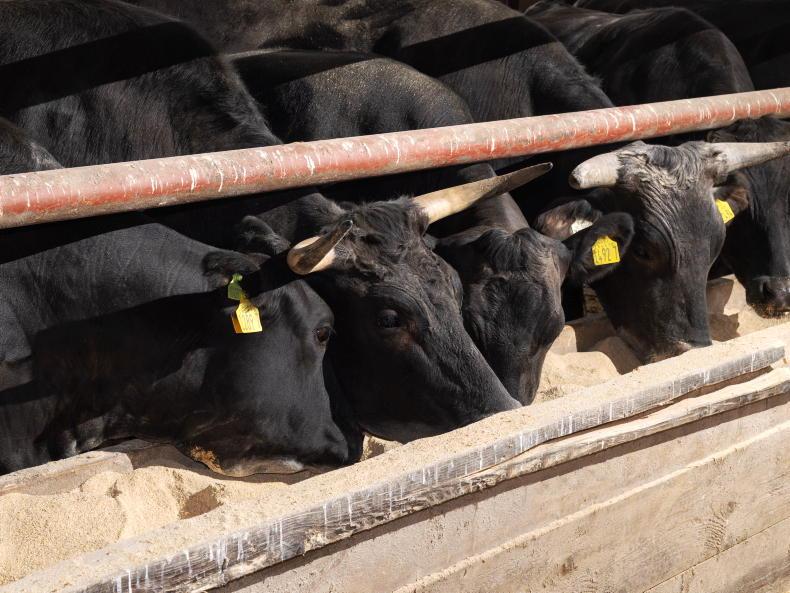
SHARING OPTIONS